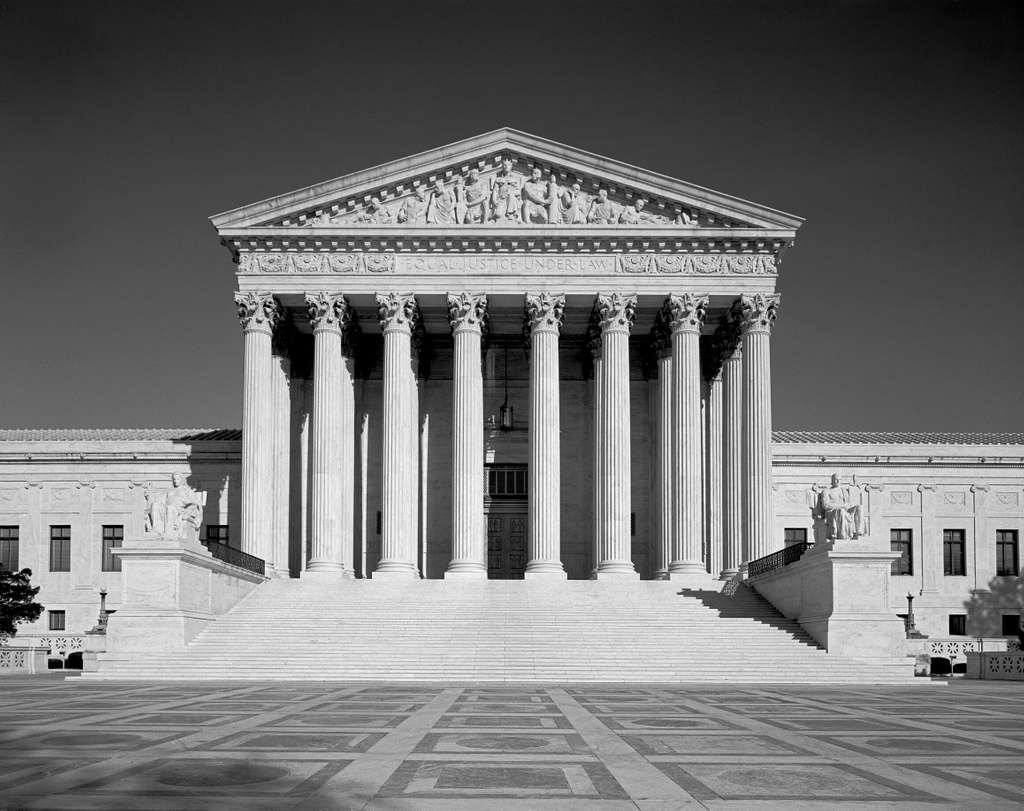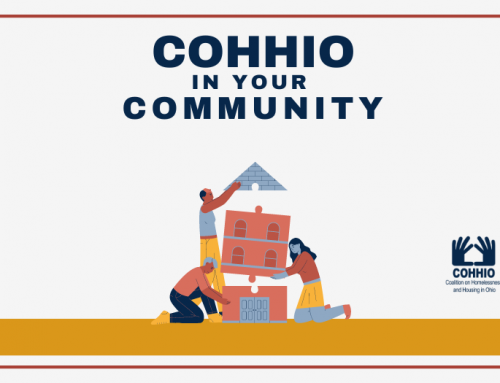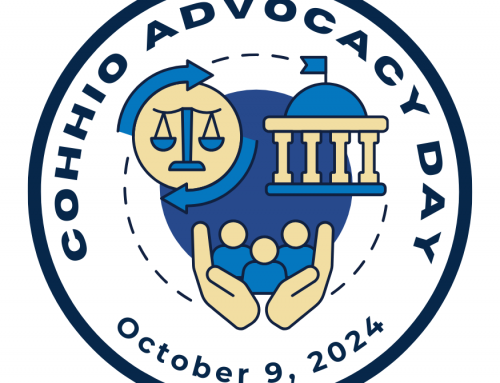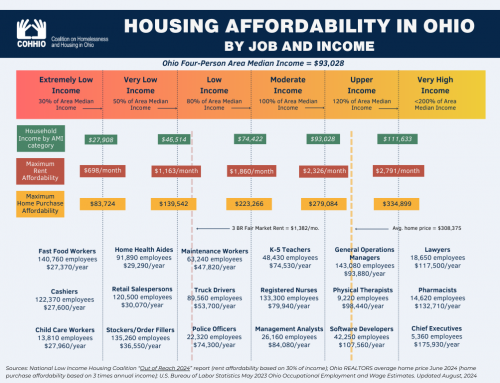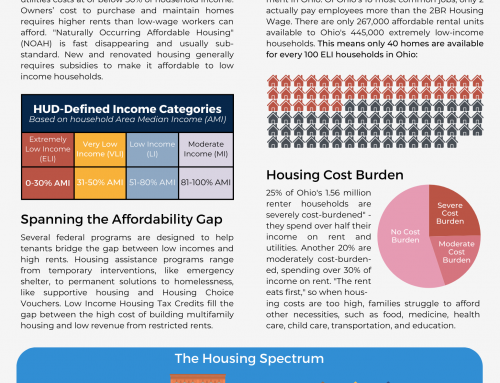Updated July 18, 2024 (Download PDF version)
The U.S. Supreme Court Opinion
On June 28, 2024, the U.S. Supreme Court ruled 6-3 that people experiencing homelessness can be arrested and fined for sleeping outside, even when they have nowhere else to go. Johnson v. Grants Pass overruled lower courts that had determined punishing someone for the status of being homeless violates the U.S. Constitution’s ban on cruel and unusual punishment.
The Dissent
COHHIO agrees with Justice Sonia Sotomayor’s dissenting opinion in the case: “Sleep is a biological necessity, not a crime. For some people, sleeping outside is their only option. The City of Grants Pass jails and fines those people for sleeping anywhere in public at any time, including in their cars, if they use as little as a blanket to keep warm or a rolled-up shirt as a pillow. For people with no access to shelter, that punishes them for being homeless. That is unconscionable and unconstitutional. Punishing people for their status is ‘cruel and unusual’ under the Eighth Amendment.”
Short-Term Impact
The Supreme Court removed an important legal barrier that helped prevent misguided city leaders from punishing people experiencing homelessness. However, most communities in Ohio have learned that saddling people with debt they can’t pay and a criminal record only exacerbates the cycle of homelessness. We believe most Ohio cities are unlikely to rush to embrace outdated policies of the past that have proven ineffective, costly, and inhumane.
Long-Term Outlook
Unsheltered homelessness increased 30% from 2020 to 2023 and continues to rise as rents have increased at an unprecedented pace. If the affordable housing shortage continues to worsen, homelessness will increase further putting more pressure on public officials to take action. Johnson v. Grants Pass allows elected leaders to implement a tough, highly visible response to homeless encampments that could be politically advantageous for them in the next election while actually increasing homelessness and public spending in the long term.
The Message
Messages that highlight the cost and senselessness of criminalization strategies are generally more effective than focusing on the impact to people experiencing homelessness.
- We all want clean streets, we all want to eradicate homelessness. But punishing people who are homeless just temporarily hides the problem and makes taxpayers pay for it.
- Banning encampments and arresting people actually makes homelessness worse because having a criminal record is a huge barrier to finding employment and housing.
- Responding to homelessness with police, camp sweeps, jails, courts and hospitals creates a cycle of homelessness that actually costs more than effective outreach, housing, and services.
- The only true solution to unsheltered homelessness is a long-term, sustained public investment in outreach and supportive housing with appropriate services to keep people stably housed.
More Information
- Johnson v. Grants Pass website: https://johnsonvgrantspass.com
- National Homelessness Law Center: https://homelesslaw.org
- Invisible People: Criminalization of Homelessness: https://invisiblepeople.tv
June 28, 2024
COHHIO Executive Director Amy Riegel issued the following statement Friday on the U.S. Supreme Court’s ruling in the City of Grants Pass, Oregon v. Johnson case
“The U.S. Supreme Court just gave cities permission to arrest and punish people for sleeping outside even when they have no other options. That’s not just cruel and unusual punishment – it’s a senseless, costly way to make homelessness even worse.
When we ticket and arrest people for being homeless, we make it even harder for them to escape homelessness. Punishing unhoused people does nothing to address the root cause of homelessness – the lack of affordable housing. We can’t arrest our way out of the homelessness problem.
We stand ready to work with state and local leaders in Ohio to help implement a more effective, less costly, more humane way to resolve homelessness. Affordable housing, with supportive services, is only real solution to homelessness.”
